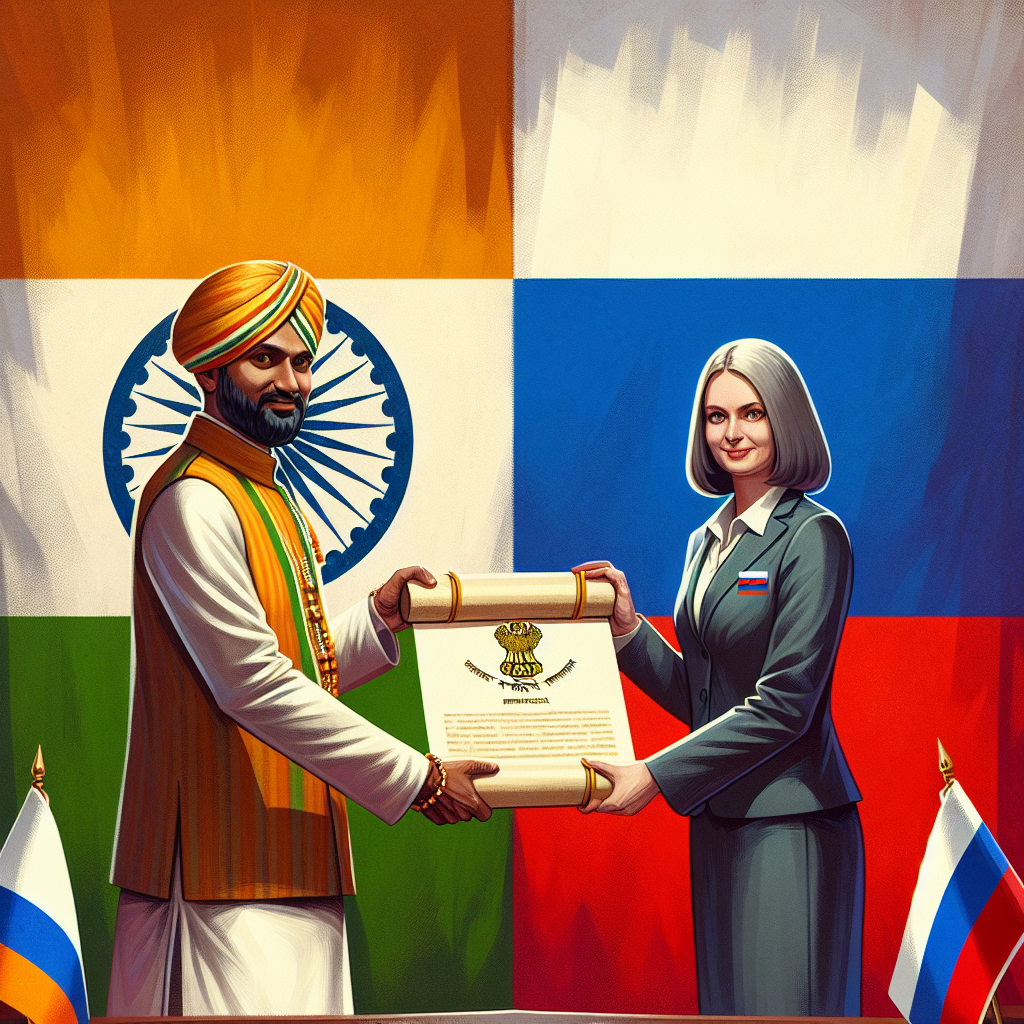German-Indian Agricultural Challenges Stall EU-India Trade Agreement Talks
German Vice Chancellor Robert Habeck highlighted agriculture as the key challenge in EU-India free trade negotiations. He emphasized Indo-Pacific's strategic importance and addressed migration and environmental policies. Habeck anticipates the upcoming Asia-Pacific Conference of German Business in New Delhi, amid geopolitical and economic changes.

- Country:
- India
German Vice Chancellor Robert Habeck has identified agriculture as the primary hurdle in the ongoing talks for a free trade agreement between India and the European Union. As Germany's Federal Minister for Economic Affairs and Climate Protection, Habeck expressed his insights during his recent trip to India.
Highlighting the Indo-Pacific region's immense geostrategic significance, he emphasized its role as the focal point of dynamic economic activity and unclear geopolitical developments. In anticipation of the Asia-Pacific Conference of German Business in New Delhi, Habeck acknowledged the conference's timely occurrence amid a rapidly evolving global landscape.
He also noted the EU's efforts towards climate neutrality with the impending Carbon Border Adjustment Mechanism (CBAM), which aims to reduce carbon emissions from imported goods. Migration and knowledge exchange were discussed, with an emphasis on mutual benefits for India and Germany.
(With inputs from agencies.)










